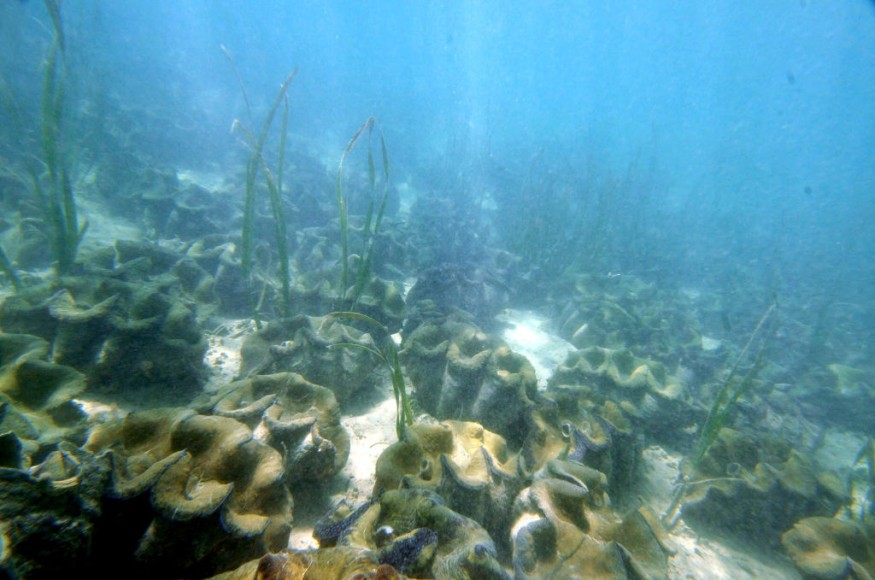
Researchers have made an exciting discovery beneath the ocean's surface, revealing that life exists in hidden cavities over 2.5 kilometers deep.
These cavities are located under hydrothermal vents, which are found along deep-sea fissures in the Earth's crust. Despite extreme temperatures and high pressure, certain worms and snails have adapted to live in this challenging environment.
Hidden Ecosystems: Creatures Thrive in Subterranean Cavities
Hydrothermal vents release hot, mineral-rich fluids, creating unique habitats that are home to various life forms. Although the water near these vents can be scorching, the temperature inside the cavities remains a comfortable 18°C, providing a suitable environment for the creatures living there.
The study published in Nature Communications came about unexpectedly during an expedition to the Fava Flow Vents in the Pacific Ocean last year. Dr. Sabine Gollner and her team discovered the vents while investigating how larvae travel beneath the seabed.
The research team hypothesized that worm larvae could use these hidden cavities to move between vents. Their suspicions were confirmed when they found not only larvae but also fully grown tubeworms, like Oasisia alvinae, living in the cavities.
These tubeworms, some measuring around half a meter long, were hanging from the ceilings of the channels, forming a vibrant ecosystem.
The discoveries continue as researchers uncover various creatures living alongside the tubeworms, including snails and carnivorous polychaete worms. They are studying how these animals might interact and whether these networks of cavities stretch further than currently known.
© 2025 NatureWorldNews.com All rights reserved. Do not reproduce without permission.





